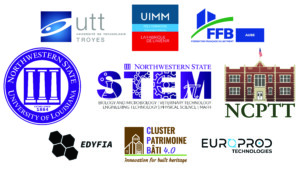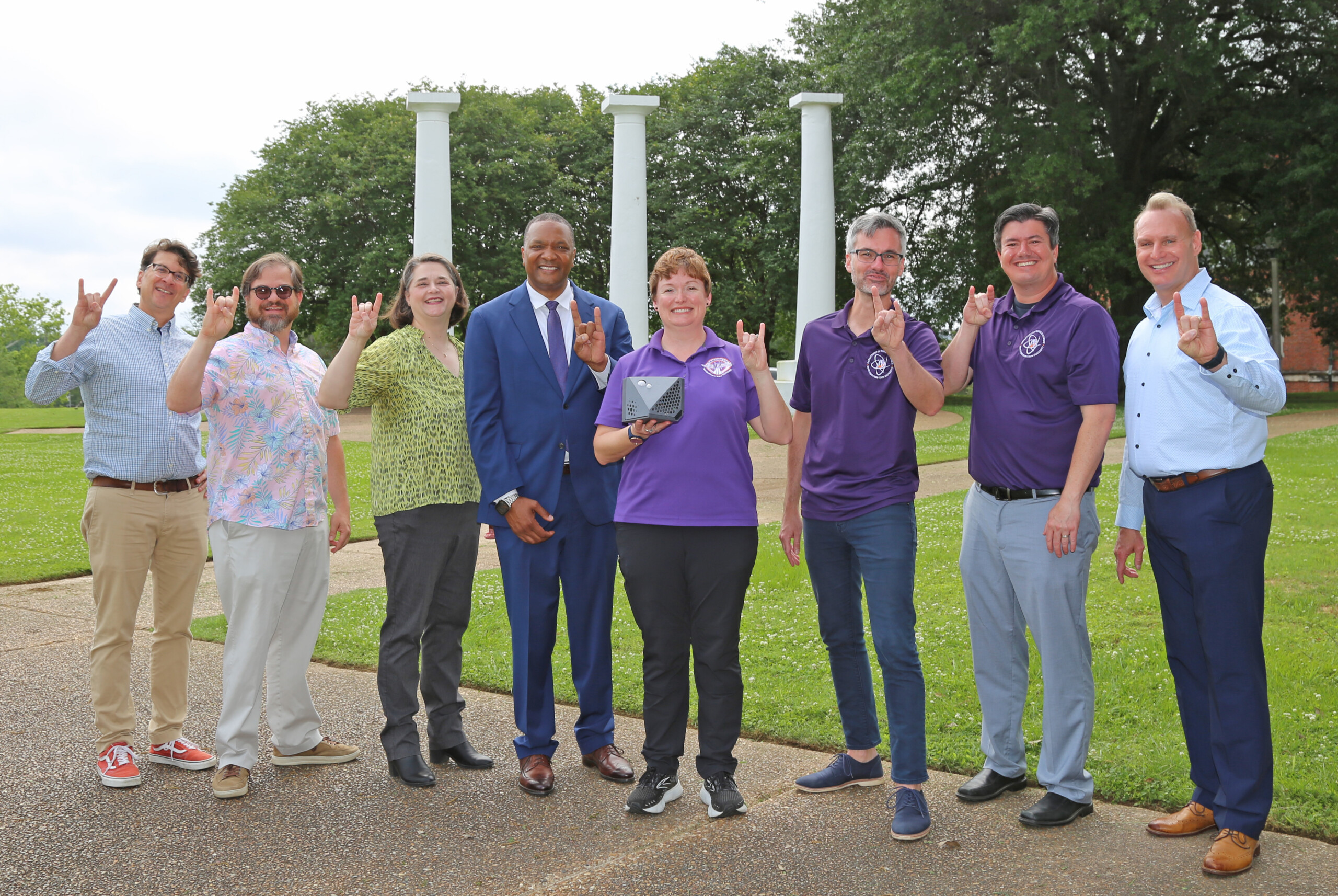By Dr. Damien Tristant, Assistant Professor of Physics, Northwestern State University

NATCHITOCHES – The roots of artificial intelligence (AI) trace back to the 1950s when Alan Turing (1912-1954), a brilliant British mathematician and computer scientist, explored the potential of building intelligent machines. He endeavored to formulate methods for evaluating their intelligence, as detailed in his seminal paper “Computing Machinery and Intelligence” (https://phil415.pbworks.com/f/TuringComputing.pdf). Since then, extensive research and development have deepened our understanding of AI. With the widespread adoption of chatbots, AI programs designed for conversational interactions, the world has entered a new era. AI now showcases its versatility as a powerful tool, capable of generating various forms of informational content (text, images, and videos) and analyzing vast amounts of data to extract trends and valuable insights.
In this context, Northwestern State University (NSU) in Natchitoches, Louisiana, USA, is dedicated to advancing AI across diverse fields such as physics, chemistry, mathematics, engineering technology, veterinary technology, biology, and microbiology. Through its STEM school (https://www.nsula.edu/stem/) and the College of Arts and Sciences (https://www.nsula.edu/coas/), NSU is revising its curriculum to equip students with foundational programming skills, particularly in Python. This empowers them to address scientific challenges, excel in machine learning, and enhance algorithms within AI.
In addition to its educational initiatives, NSU is actively involved in AI research, fostering partnerships with renowned institutions such as the National Center for Preservation Technology and Training (NCPTT) in the USA, the Fédération Française du Bâtiment (FFB) from Aube, the Cluster Patrimoine Bâti (CPB) 4.0, and the University of Technology of Troyes (UTT) in France.
Located in Natchitoches, the NCPTT (www.nps.gov/ncptt) is a National Park Service research and training facility dedicated to advancing historic preservation through science and technology. Since 2018, the NCPTT has partnered with the CPB 4.0 (https://clusterpatrimoinebati.com/?lang=en), a nonprofit organization that combines diverse and complementary skills to innovate in the energy and digital transitions of built heritage. This initiative was started by the FFB from Aube, a leading organization in France representing construction professionals. Together, the NCPTT, the FFB, and the CPB 4.0 study how historical structures respond to various environmental conditions. They advocate sustainable renovation practices that improve building performance.
NSU recently partnered with these initiatives to understand how Louisiana’s unique conditions – characterized by hot, humid weather and frequent hurricanes – impact historical buildings. By deploying modern sensors (as depicted in the accompanying photo) to measure parameters like temperature, humidity, and luminosity, the initial focus is on mapping NSU campus buildings constructed around 1950. Using AI, the goal is to identify robust building aspects, facilitating long-term enhancements in insulation while preserving historical integrity. This research aims to optimize historical buildings throughout Louisiana, benefiting disadvantaged communities.
NSU students will actively participate in this initiative, gaining hands-on experience in scientific research methods and enhancing their computational skills. The collaboration includes an exchange program with the UTT (https://www.utt.fr/study-at-utt), a leading French institution for engineering and technology education and research. This program allows NSU students to study in France and welcomes UTT students to explore AI at NSU. Supported by the Department of English, Languages, & Cultural Studies (https://www.nsula.edu/english/), students can learn or strengthen their English and French language skills while immersing themselves in Louisiana culture.
This enriching collaboration between institutions marks a significant stride in advancing knowledge and technologies in AI. Interested students can learn more about the programs by contacting Dr. Damien Tristant (tristantd@nsula.edu).


